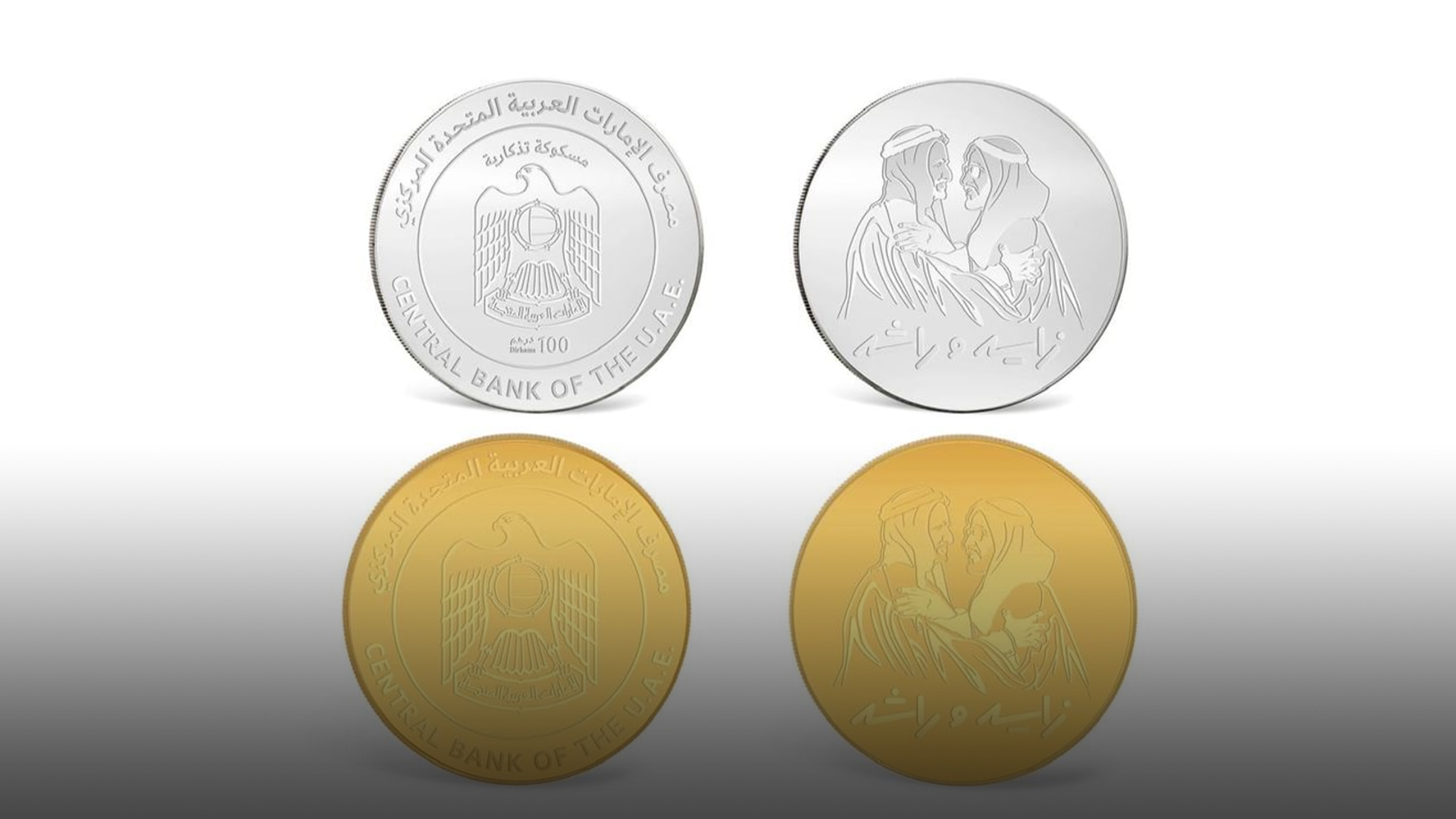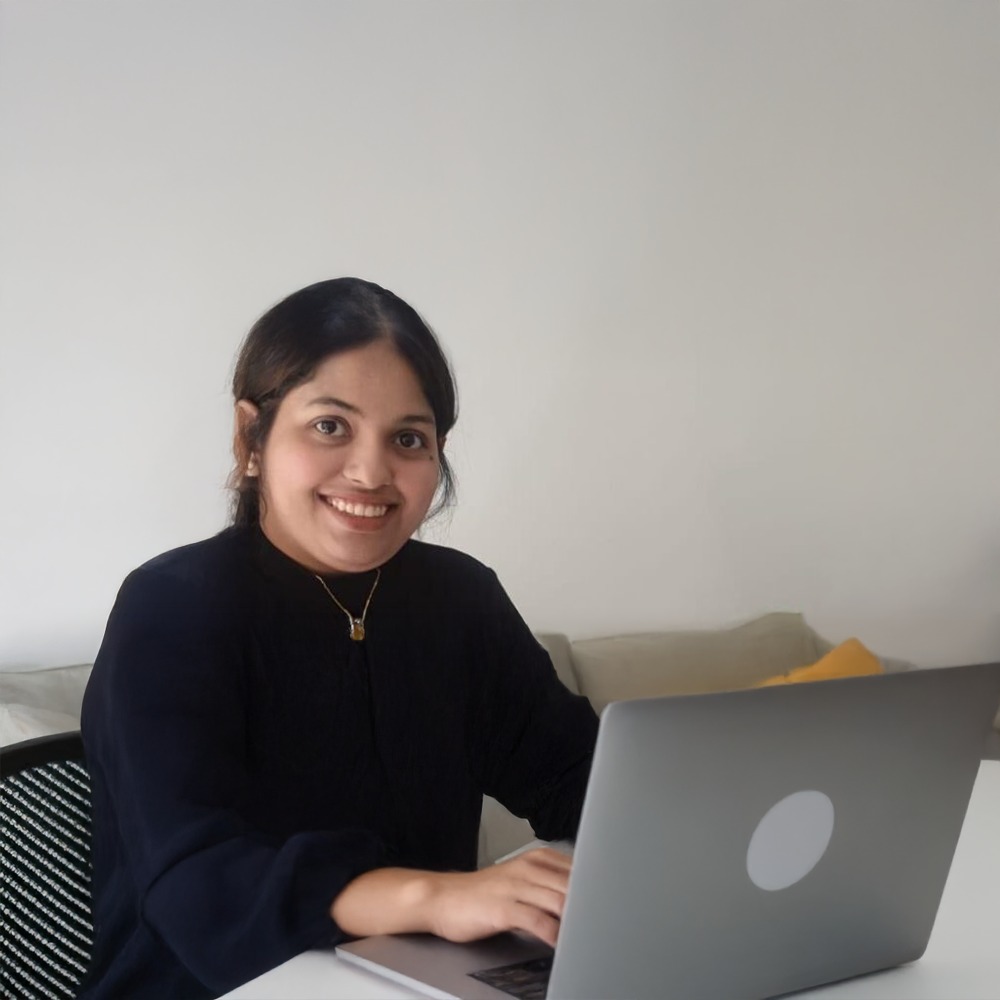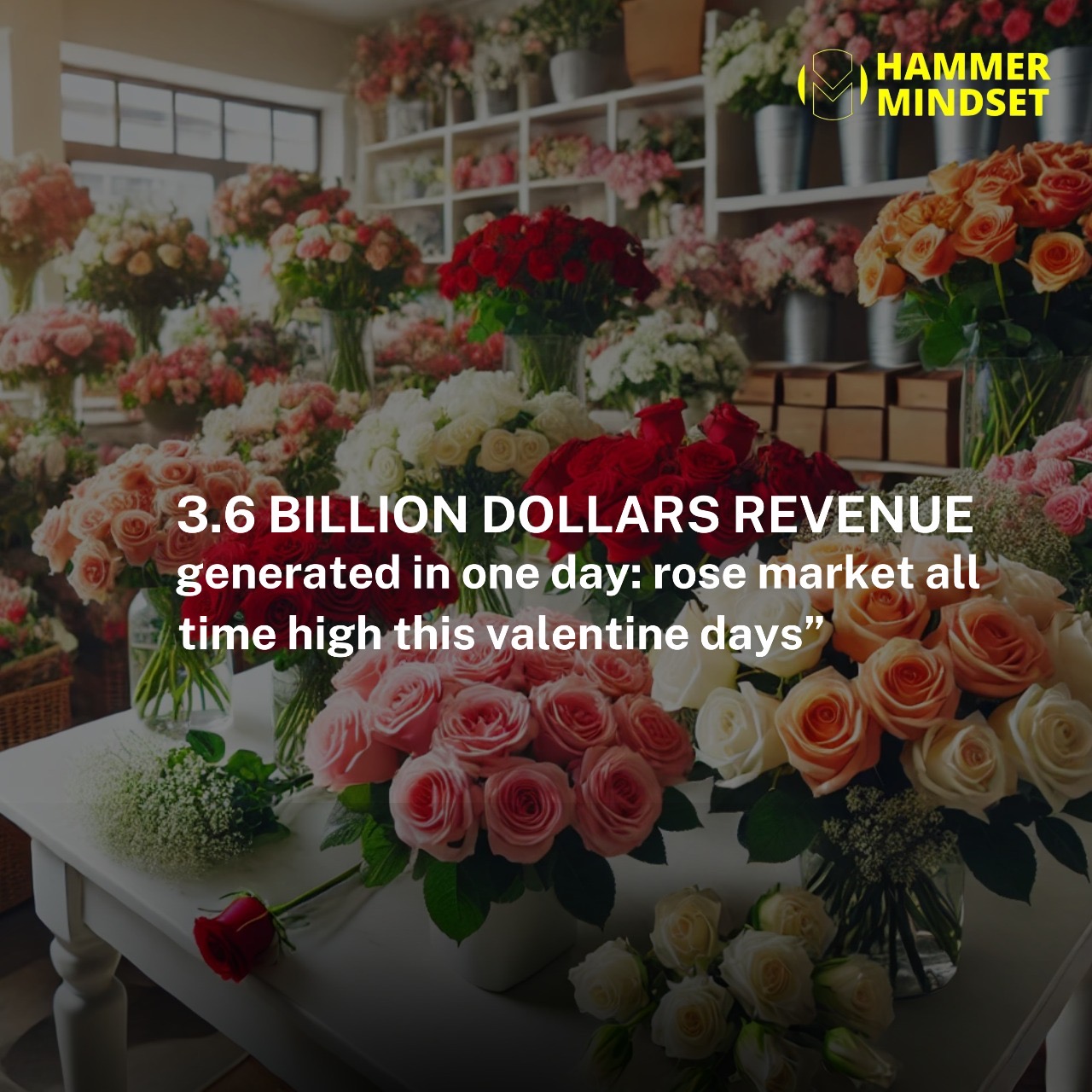The United Arab Emirates (UAE) has consistently led the way in women’s empowerment, recognizing the vital role of women in shaping the nation’s future. Over the years, the UAE government has implemented progressive policies to support women in various fields, including education, politics, business, and social welfare. One of the latest initiatives, under Federal Law No. (57) of 2023, grants Emirati mothers special rights to balance their professional and family responsibilities.
This law, introduced by the General Pension and Social Security Authority (GPSSA), allows Emirati mothers to take up to three years of leave from work to raise their children. During this period, they can continue contributing to their pension funds, ensuring financial security for the future. This initiative reflects the UAE’s dedication to creating an environment where women can thrive both as professionals and as caregivers.
Financial Security for Emirati Mothers and Widows
Recognizing the sacrifices and responsibilities of widowed mothers, the UAE government has made significant changes to pension laws to provide better financial security. Under the new law, widows can merge their pension with their deceased husband’s pension, ensuring a steady income source for themselves and their children.
Additionally, the redistribution of pension shares has been modified to favor widows with children. If a widow has more than one child, she receives 40 percent of the total pension share, while the children collectively receive 40 percent. The remaining 20 percent is allocated to the deceased’s parents if they are alive. This ensures that widowed mothers have the financial stability they need to support their families.
These measures align with the UAE’s broader vision of promoting gender equality while preserving family values. The government recognizes that financial independence is essential for women, especially those who take on the role of sole caregivers.
Reduced Pension Contributions for Mothers with Multiple Children
Another key feature of Federal Law No. (57) of 2023 is the reduction in pension contribution requirements for Emirati mothers with multiple children. Women who have contributed for at least 30 years and have reached the age of 55 are now eligible for reduced contribution requirements.
For each of an Emirati mother’s fifth and sixth child, she is granted a reduction of two years in contribution payments and three years in age requirements. For the seventh child, the reduction increases to 3.5 years in contributions and four years in age requirements. This policy acknowledges the additional responsibilities of larger families and provides financial relief to mothers.
UAE’s Longstanding Commitment to Women’s Rights
The UAE’s commitment to women’s rights is not new. Even before Federal Law No. (57) of 2023, the government had established significant pension benefits for women under Federal Law No. (7) of 1999. This earlier law allowed women to purchase up to 10 years of service, compared to five years for men, giving them greater flexibility in securing their financial future.
Additionally, the pension laws ensure equal treatment for daughters and sons when distributing pension shares. Unlike in some other legal systems, in the UAE, a woman’s pension is distributed among her family members just like a man’s pension. Daughters continue to receive their pension entitlement regardless of age, whereas sons stop receiving pension benefits at 21 (or 28 if still studying). This policy ensures that Emirati women remain financially secure throughout their lives.
If a mother, sister, or daughter becomes widowed or divorced after the death of the pensioner and has no alternative salary or pension, a new pension share is created for them, equal to their previous entitlement. This ensures that women who face unexpected life challenges do not lose financial support.
The Role of Emirati Women in the Nation’s Growth
The UAE has consistently taken steps to elevate women’s roles in society. Today, Emirati women serve in leadership positions across government, business, and various industries. The country has one of the highest rates of female workforce participation in the region, and initiatives such as Sheikh Mohammed bin Rashid’s Gender Balance Strategy aim to place the UAE among the world’s top nations for gender equality.
Furthermore, Emirati women have played a crucial role in shaping education, science, healthcare, and politics. With representation in the Federal National Council (FNC) and leadership roles in various ministries, women are at the forefront of decision-making processes. These latest pension reforms further empower women by ensuring financial independence and family stability.
Women’s Workforce Participation and Economic Growth
The UAE has one of the highest rates of female workforce participation in the region, with women contributing significantly to the country’s economy. According to recent reports, Emirati women make up 66 percent of public sector jobs, with 30 percent in leadership positions. These statistics highlight the country’s commitment to integrating women into the workforce at all levels.
Additionally, women-owned businesses have been on the rise, with female entrepreneurs playing a vital role in the UAE’s private sector. The government has supported female business owners through various initiatives, including access to funding, training programs, and mentorship opportunities. The UAE’s emphasis on education for women has also contributed to this success, with women now outnumbering men in many university programs.
A Bright Future for Emirati Mothers
The UAE’s support for women reflects a deep understanding of the importance of family stability in national development. The new pension laws are designed to provide mothers with financial security, allowing them to balance professional aspirations with family responsibilities without fear of economic loss.
With policies that encourage gender equality, financial independence, and family well-being, the UAE continues to stand as a global role model for women’s empowerment. Emirati mothers, whether working professionals or primary caregivers, now have more opportunities than ever to contribute to society while ensuring a secure future for themselves and their families.








